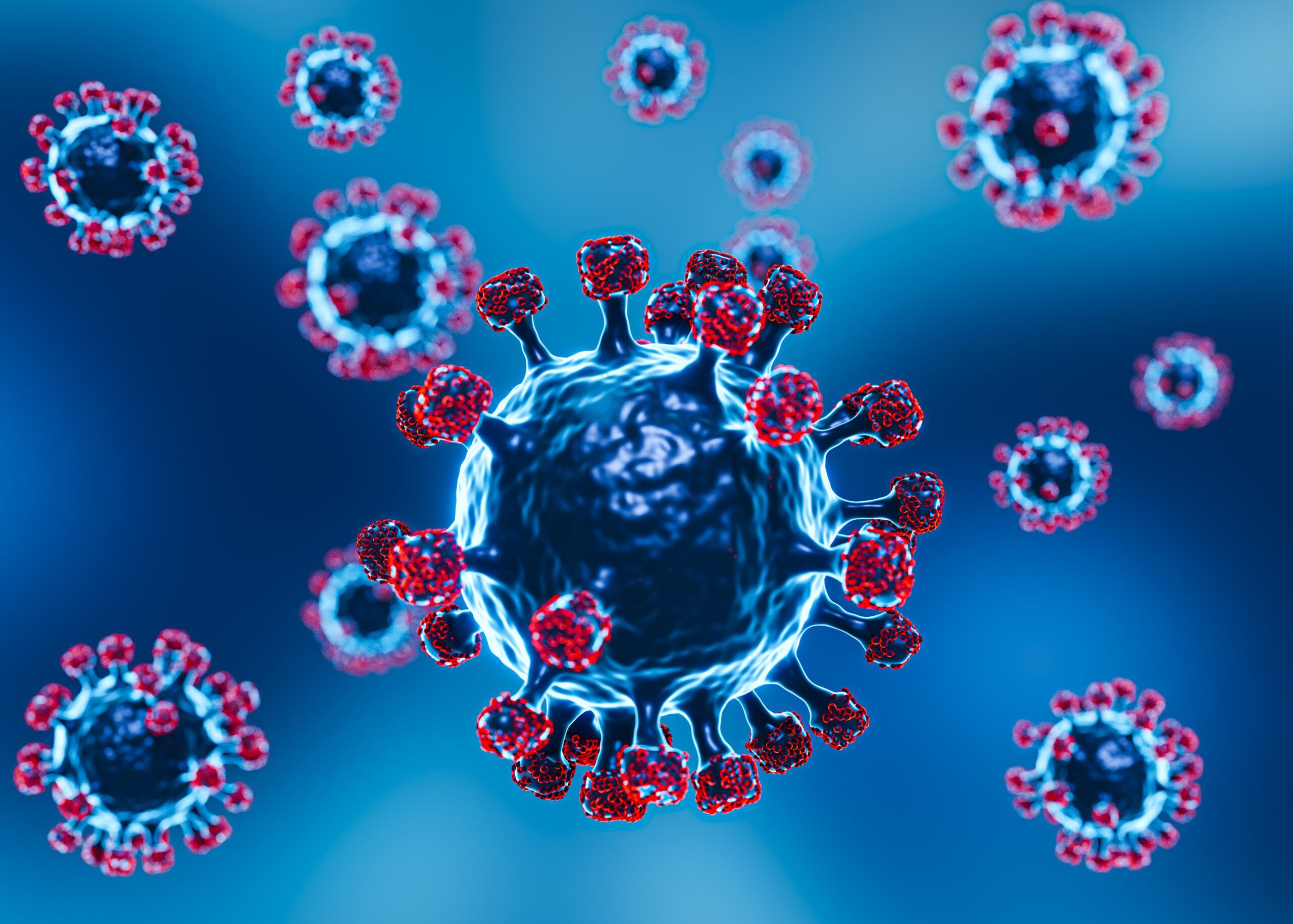It was only a matter of time. Two weeks after the COVID-19 Omicron variant was discovered by South African scientists, Queensland has joined the ranks of Australian states and territories to record a case. Additionally, experts say one of the two arriving cases showed signs that it was slightly genetically different to the Omicron variant as we know it.
The case was found in an overseas arrival from Nigeria.
According to Acting Chief Health Officer Peter Aitken, the lineage shares roughly half the genetic changes present in the initial Omicron variant.
“It’s got enough [mutations] to be able to classify it as Omicron, but we don’t know enough about it as to what that means as far as clinical severity or vaccine effectiveness,” Dr Aitken explained.
Notably, this is not a new variant or strain by any means. Instead, it is being referred to as an “Omicron-like” sub lineage. Its classification as a sub lineage means it is genetically different enough from Omicron to be of note but has enough common features to be identified the same variant.
“We now have Omicron and Omicron-like, it’s a reminder to us all that as we open our borders this doesn’t mean that the COVID journey has finished,” said Dr Aitken.
“In many ways the COVID journey is just starting.”
Dr Aitken said one difference identified in the Omicron-like sub lineage was its lack of what is called S gene dropout. The presence of S gene dropout is what made the Omicron variant easy to identify quickly through PCR tests.
It is worth noting that this does not mean it will be harder to identify Omicron-like cases, but rather that it may add a slight delay to the identification process. This has not raised concerns with officials.
The sub lineage has now been identified in three countries: South Africa, Australia, and Canada. However, it is possible it may have spread farther undetected.






